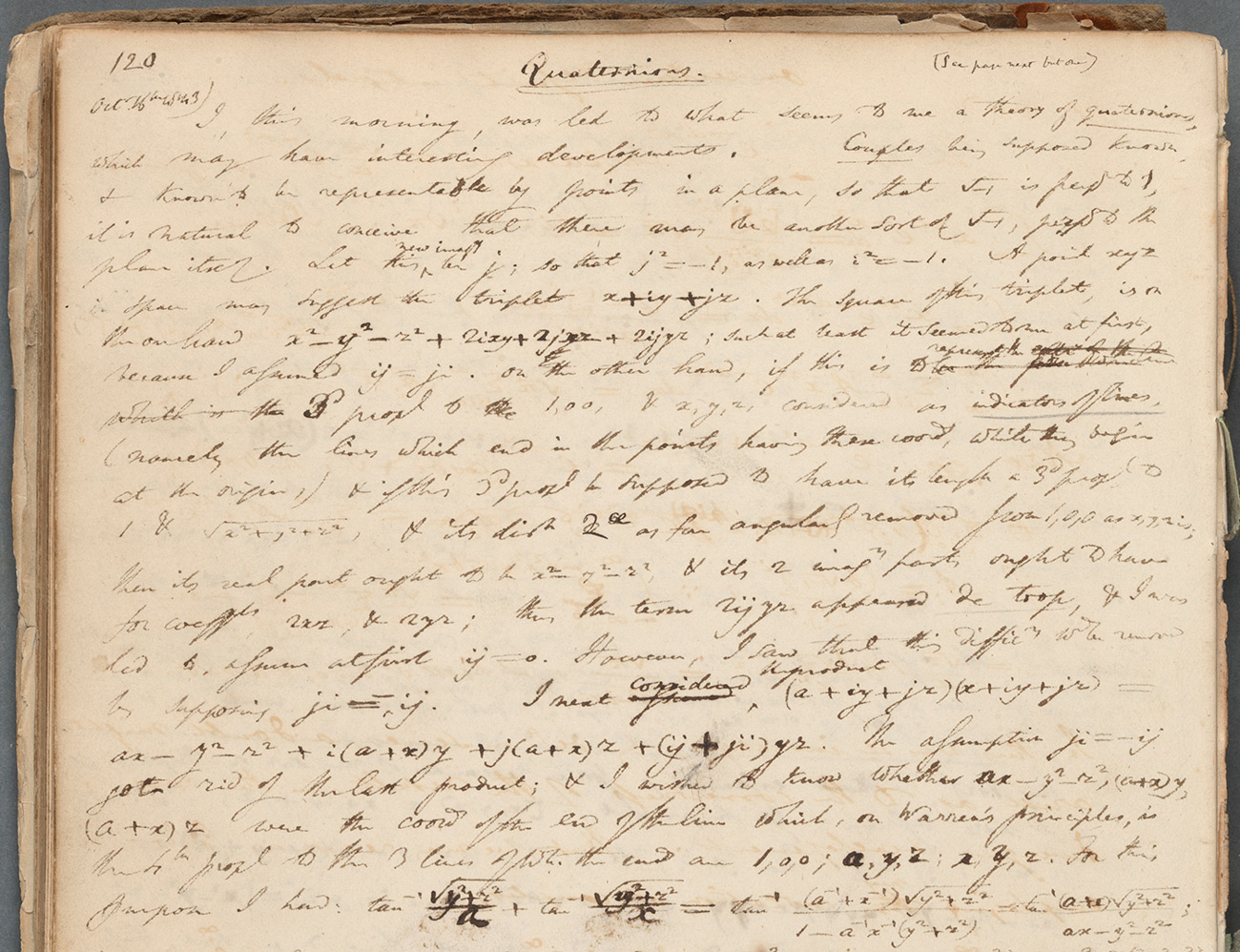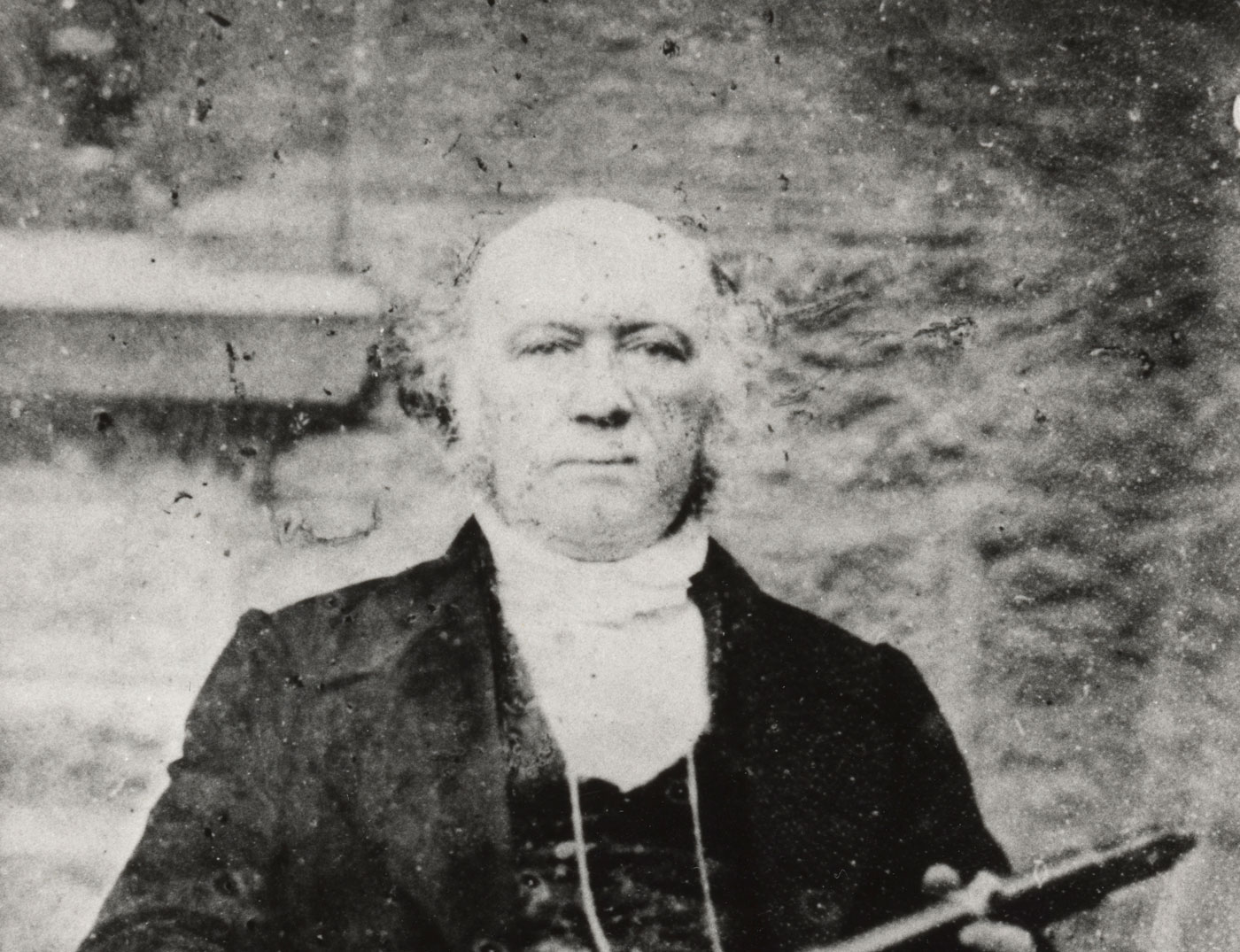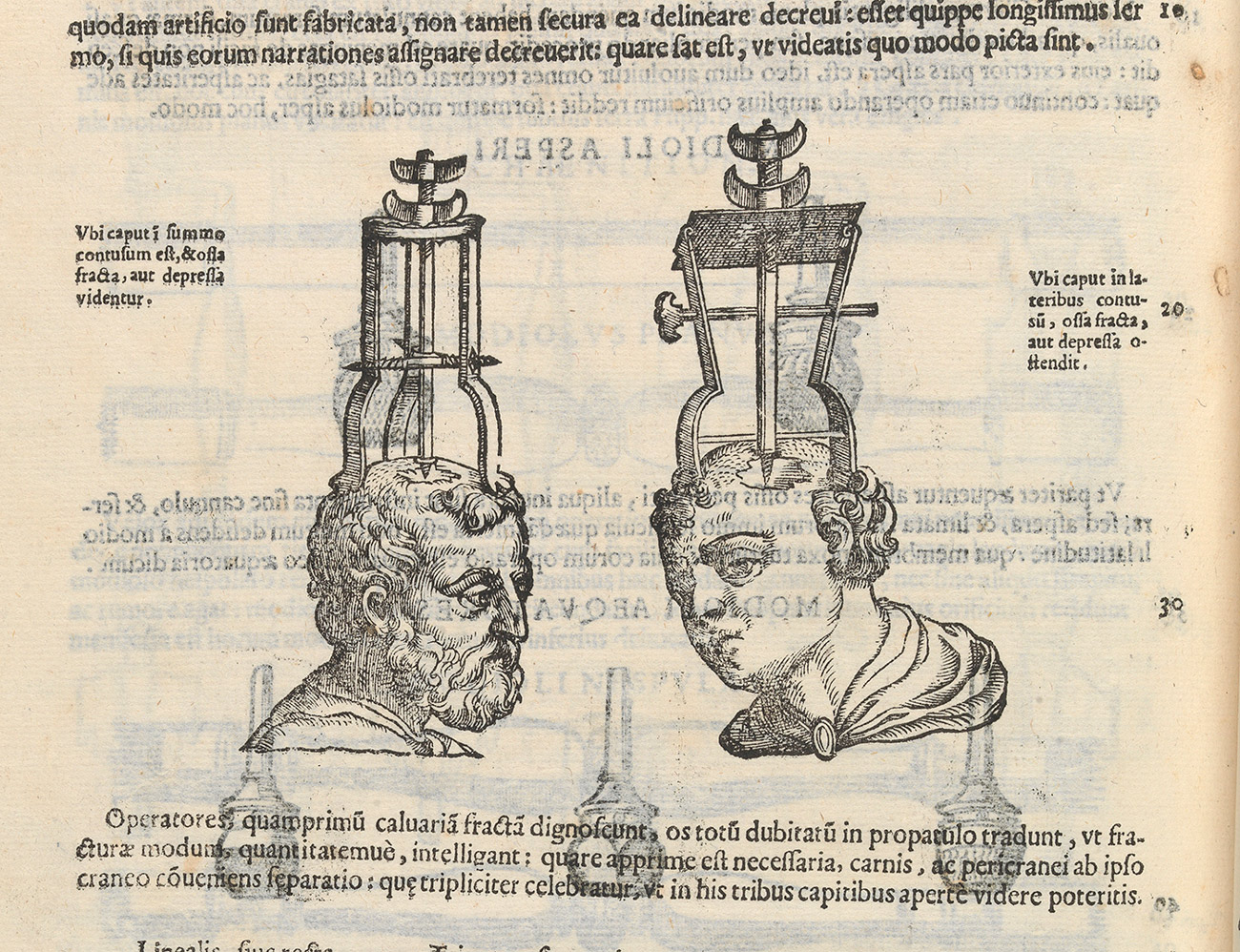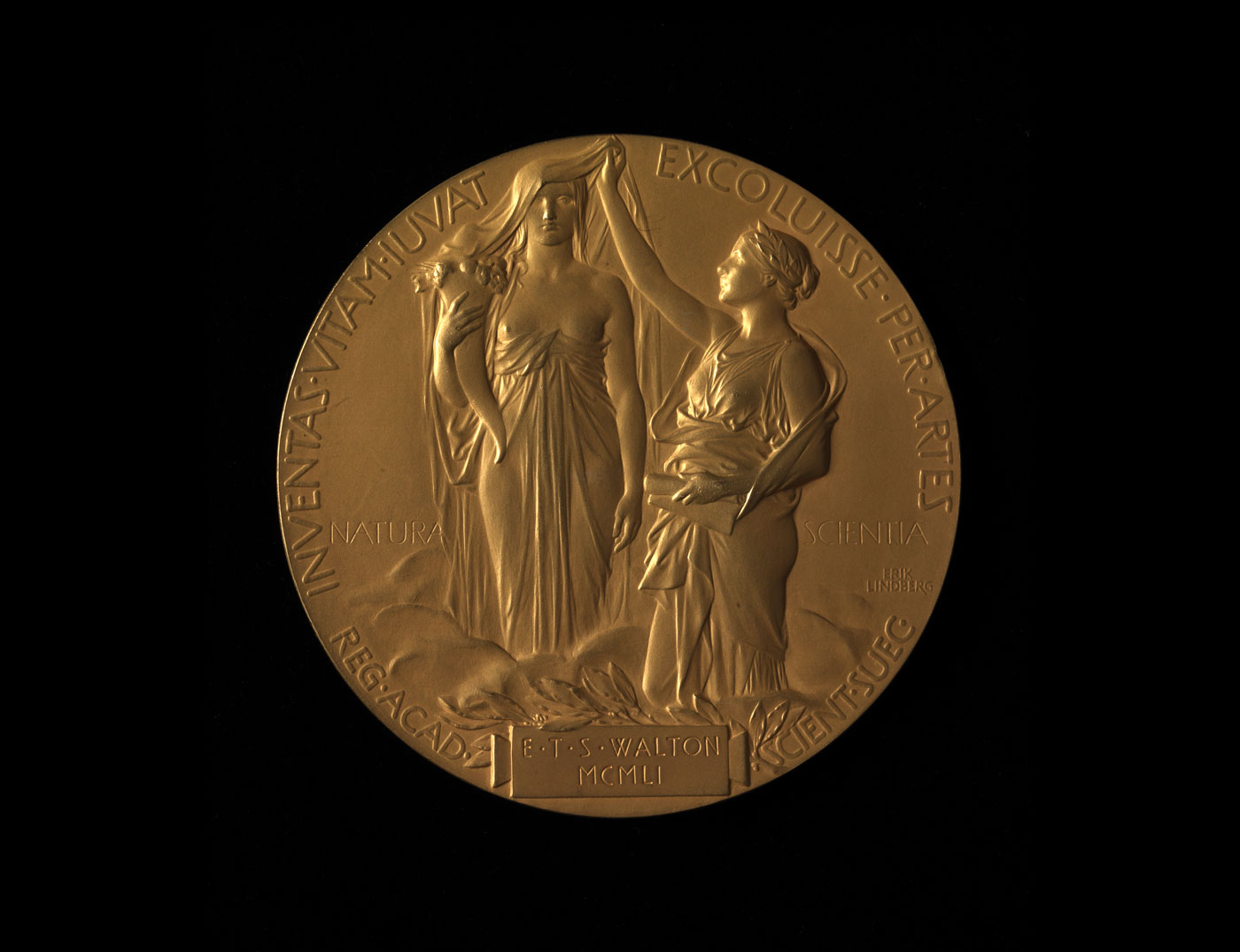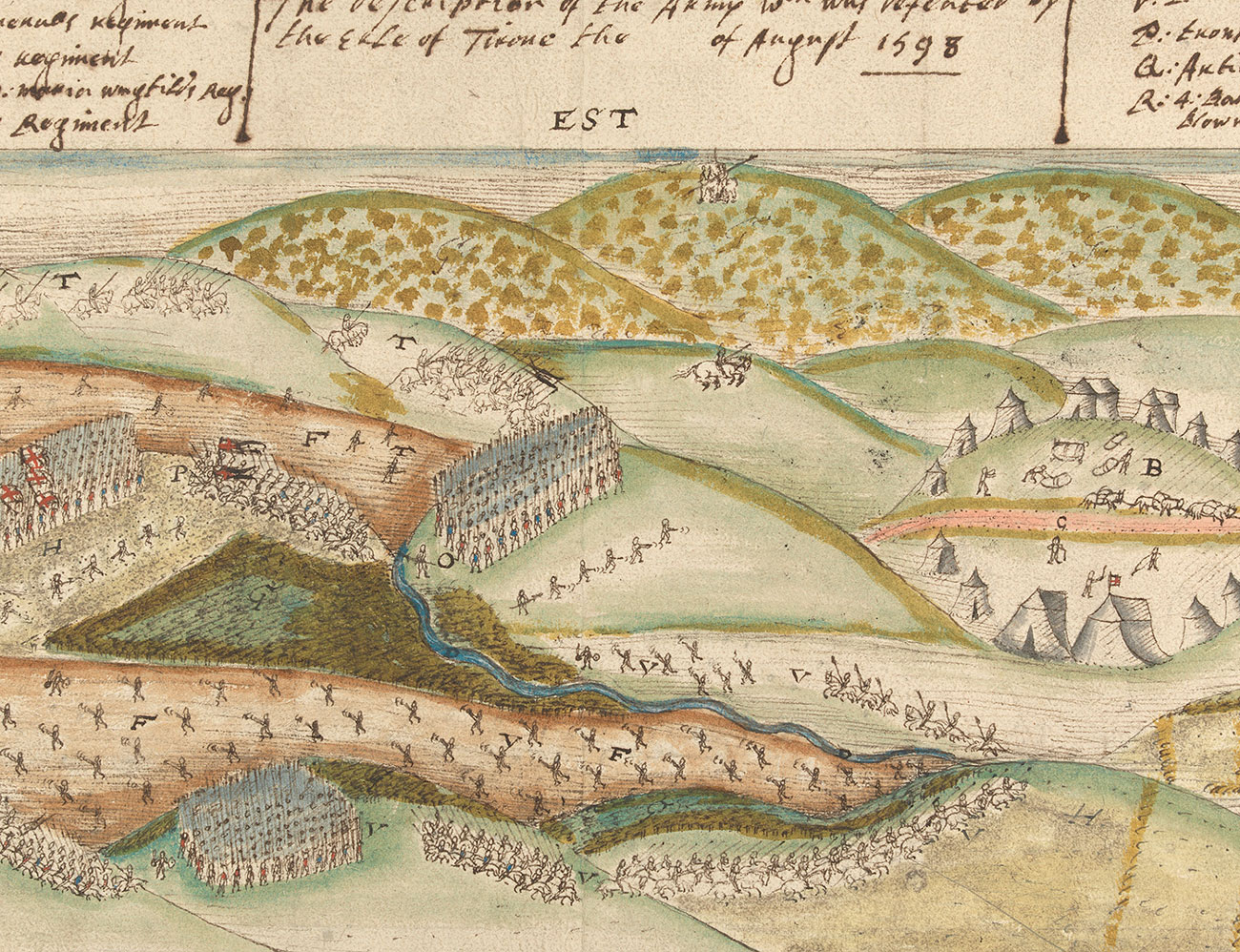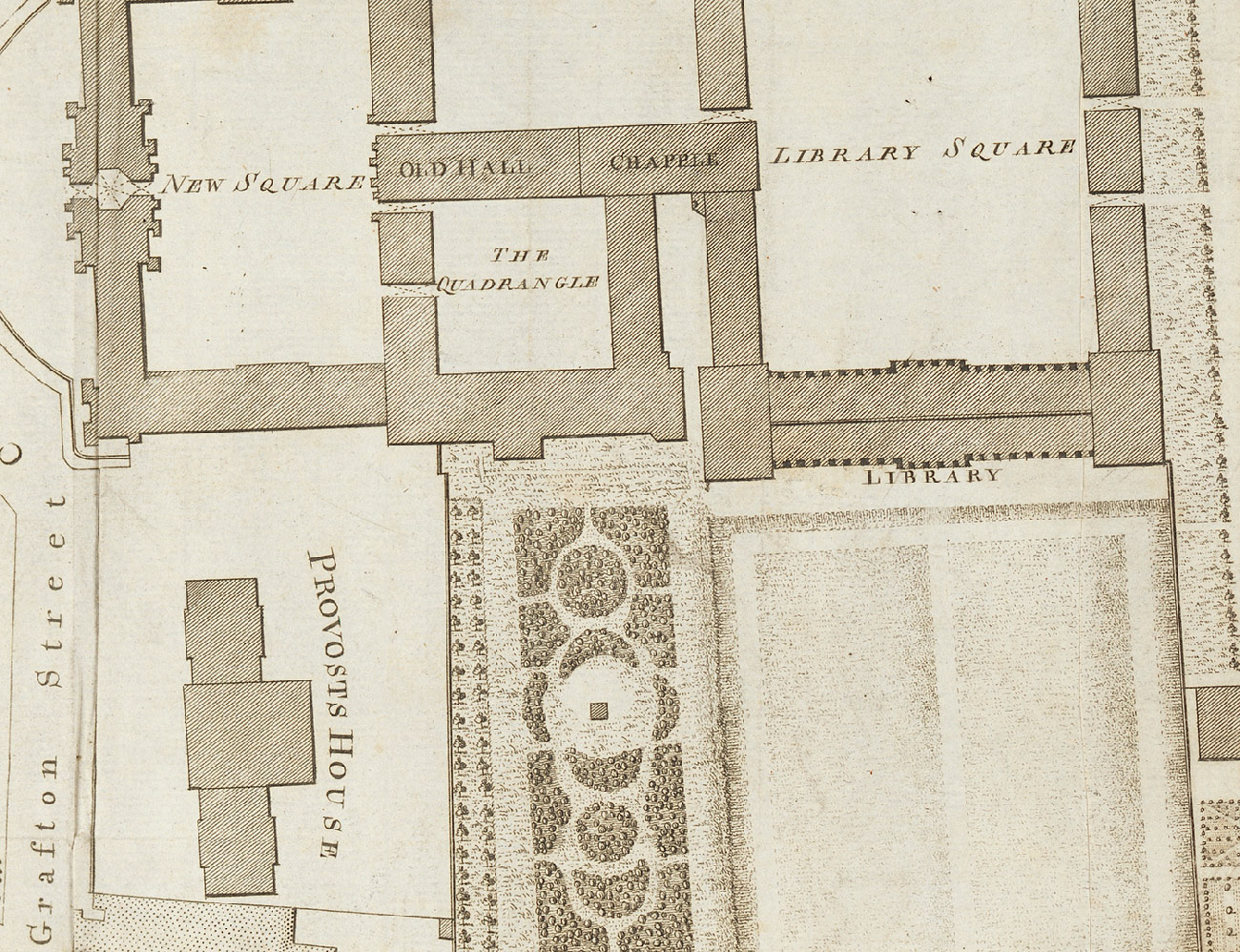Ireland's Experiments and Great Discoveries
From the early-modern period comes the records of the 16th-19th-century Guild of Barber Surgeons which cover the centuries through which surgical education went from apprenticeship to university-based; the records of Dr Steevens and the Adelaide hospitals (some of the oldest in Dublin) as well as the records of Trinity's own school of medicine, capture not only how medicine was practiced, but how it was taught. Some of these collections give unexpected insight into how social welfare was practiced before it became the responsibility of State bodies. Twentieth-century pioneers include the medical practitioner and researcher Dorothy Price (d.1964), who was the principal practical player in the elimination of childhood tuberculosis in Ireland.
The very extensive archives of the mathematician and astronomer Sir William Rowan Hamilton (d.1865) give a unique insight into the life and work of this world-renowned scientist. The Library also holds an extensive personal and professional collection of the papers of Nobel Laureate Ernest Walton (d. 1995), who was part of the team which split the atom.
There are also documents of exploration such as the extraordinary depiction of Namaqualand in Africa in the 17th century and the journals and photographs of surgeon and naturalist Richard Hingston (d.1966).
Cataloguing, conserving and digitising these collections to enable inclusion in Virtual Trinity Library is a continuation of Trinity's tradition of education and the sharing of knowledge. Making this material accessible will contribute to the broader sum of knowledge. This is especially important at a time when trust in scientific expertise is being eroded. These research collections are critical evidence of the progression of learning and enables exploration of the human condition.


